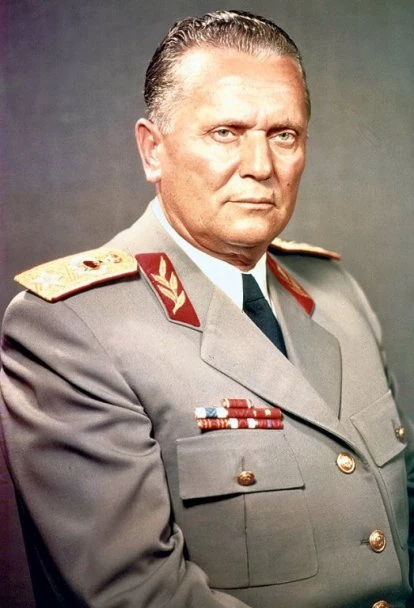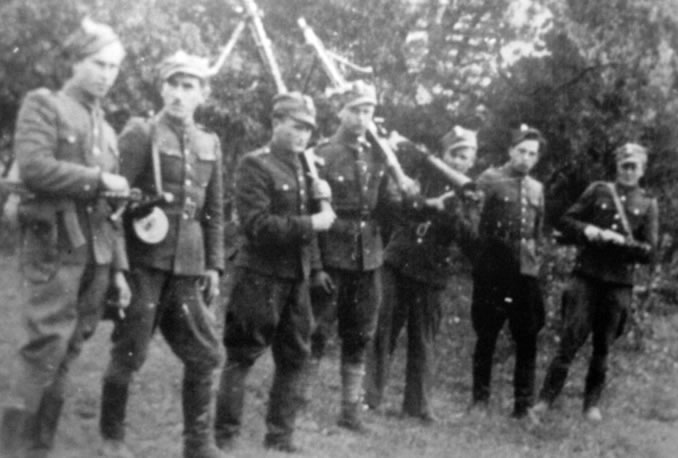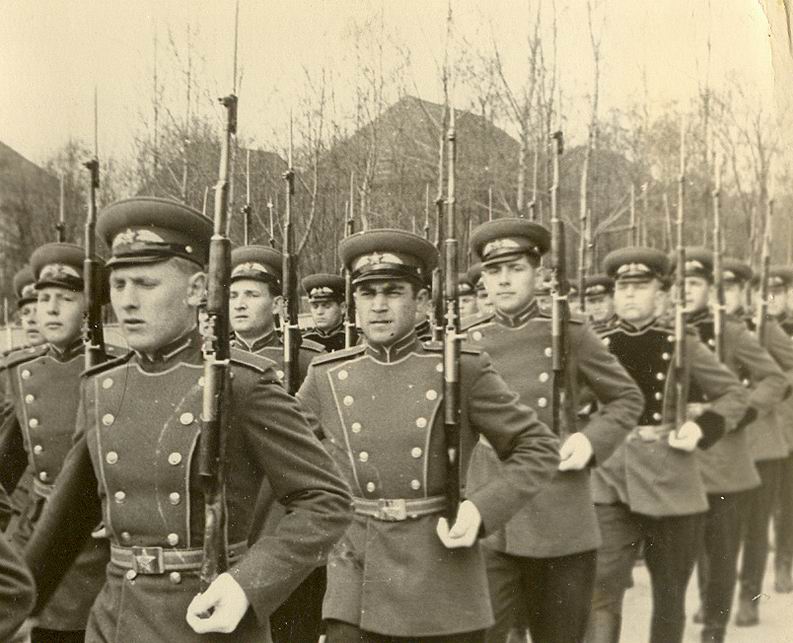If you're looking to make your 2.0 TL different, might I suggest using different heads of state around the WWII period? While it was neat seeing Hitler as a good guy and Stalin as a theocratic nutcase (as opposed to a regular nutcase), it all felt a bit too "Eh? Eh? See what I did there?" instead of doing something more original.
Don't think I can really think of changing much else, though.
I think I'm going to keep Stalin as the head of state, but Hitler, Churchill, and Orwell are all either going to get butterflied or are going to have very different roles. Stalin is just such a useful source of images that it's easier to keep him, especially since I don't have very good photo editing skills. Plus I plan on fleshing him out as a character/personality.
UCOS should just turn into a proper Nazbol revaunchist Russia.
There's going to be a Eurasianist element and a few other tweaks, but you basically figured out the plan, lol.




